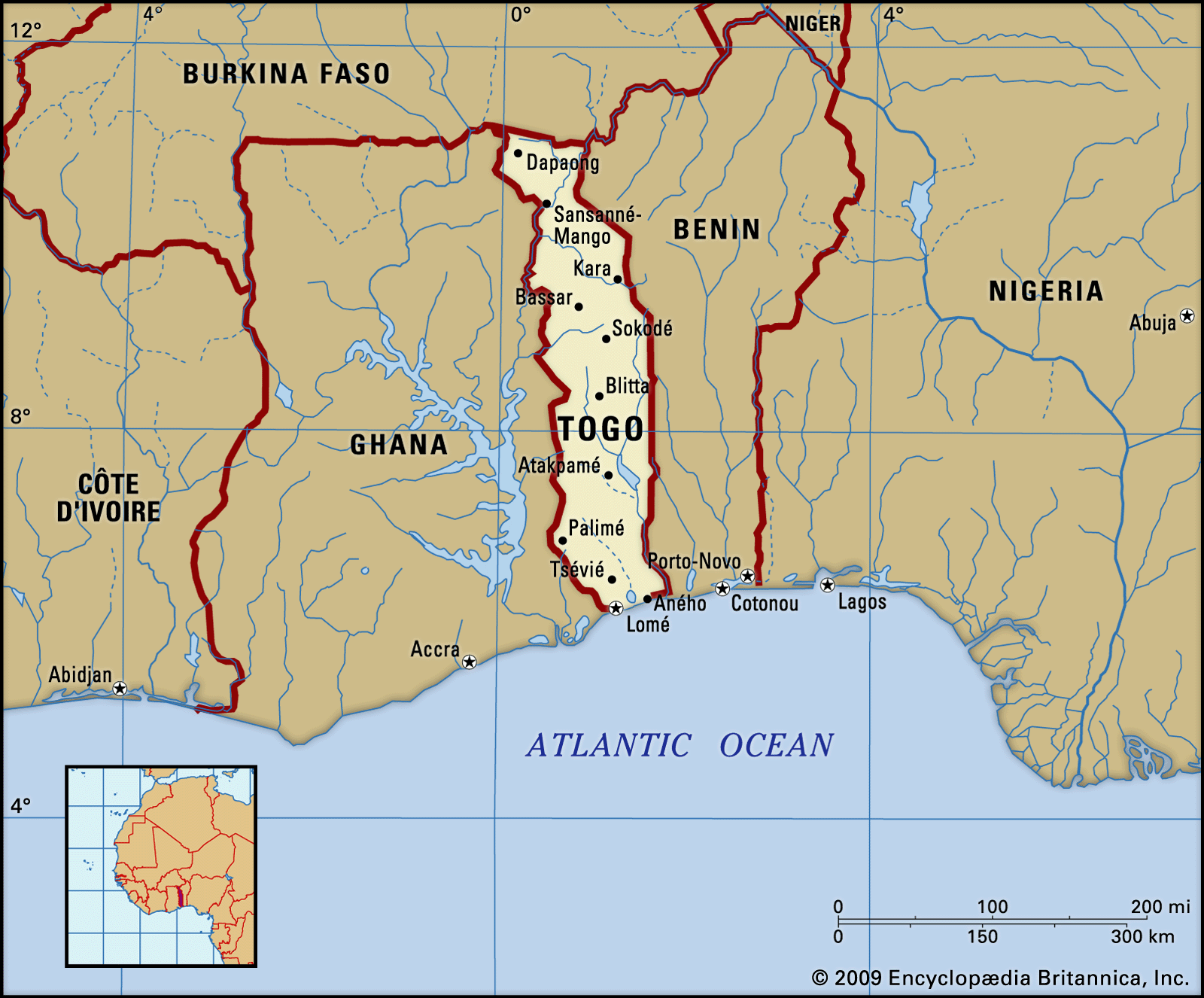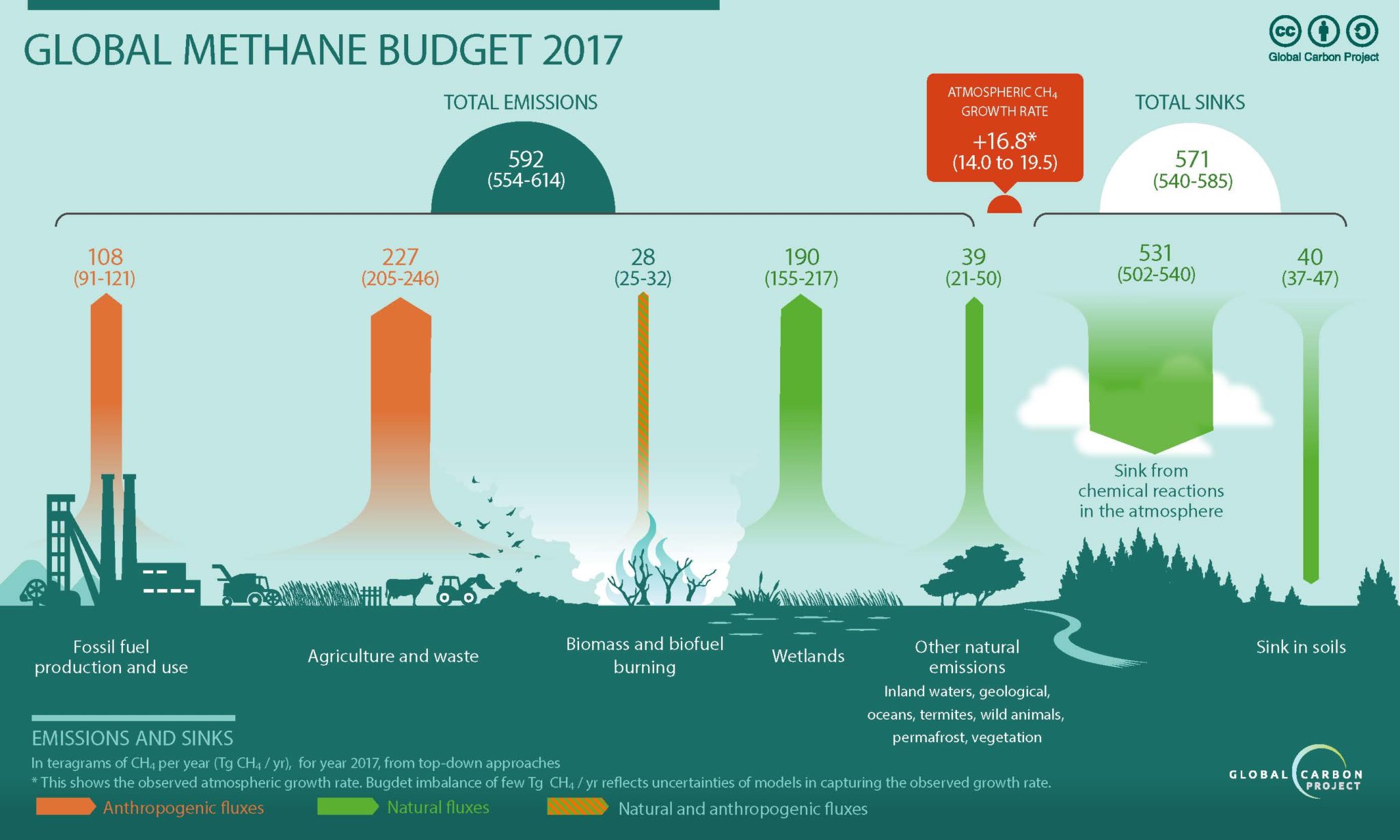7667766266
enquiry@shankarias.in
India-UN Development Partnership Fund
Human African Trypanosomiasis

Next Generation Incubation Services
Indian Depository Receipt
Methane Budget

Global Carbon Project
International Women's trade Centre
Source: Down To Earth, Business Line, Economic Times
.